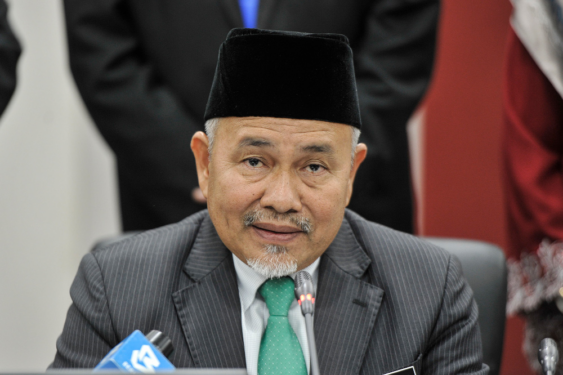MALAYSIA’S already overburdened healthcare ecosystem saw its resources prioritised to battle the COVID-19 pandemic over the last two years, hence in a way putting non-communicable diseases (NCDs) in the backseat.
A study published in the British Journal of Surgery estimates that in just 12 weeks in 2020, Malaysian hospitals had cancelled almost 152,000 surgeries – equating to an 11-month backlog. Cancer surgery accounted for 41% or over 62,000 surgeries.
Thus, it is no surprise that Health Minister Khairy Jamaluddin’s recent pledge to re-focus on NCDs – diseases that cannot be transmitted from one person to another such as cancers, diabetes, strokes, and heart diseases – has been applauded by the local medical community and patients alike.
He noted that NCDs are like ‘ticking time bombs’: when it explodes, it is too late because we would be forced to treat and we cannot carry out prevention steps for NCDs and from it affecting the people severely.

The World Health Organization (WHO) estimates that over 15 million people aged between 30 and 69 years old ‘prematurely’ die each year from an NCD, of which 85% of these deaths occur in low- and middle-income countries like Malaysia.
According to the 2019 National Health and Morbidity Survey, two of every three Malaysians have at least one of three NCDs – diabetes, hypertension or high cholesterol. Cancer is another common NCD: with breast cancer being the most common cancer accounting for 34.1% of all cancers among females in Malaysia.
In Malaysia, 47.9% of breast cancer cases are detected at advanced stages, notably Stages 3 and 4. At Stage 4, treatment may be more challenging, complicated and costly.
Although there isn’t a cure yet, achieving a better quality of life for months or years past Stage 4 is still possible with targeted therapies – medicines directed at proteins on breast cancer cells.

Targeted therapies like CDK4/6 inhibitors have been shown to help patients achieve a better quality of life.
The next big step is making these targeted therapies affordable for the majority of Malaysian breast cancer patients who typically depend on public hospitals for screening, diagnosis and treatment. Breast cancer remains one of the most common NCDs treated under the Peka B40 health screening programme.
Thus, it is time for the Government to explore making targeted therapies affordable so that those diagnosed with ABC (advanced breast cancer), particularly B40 patients, can gain better access to quality treatments. – June 2, 2022
Dr Nur Khaisiyah Othman is a medical practitioner and a graduate of the Sechenov First Moscow State Medical University. She is experienced in various medical disciplines throughout her service in public hospitals, especially in anaesthesiology, and has experience treating COVID-19 Level 5 patients.
The views expressed are solely of the author and do not necessarily reflect those of Focus Malaysia.










